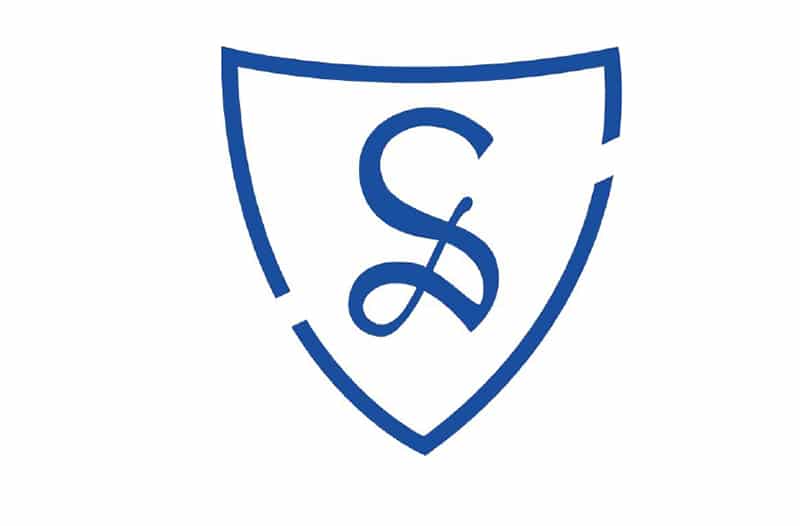by Mike Knaak
news@thenewsleaders.com
The first steps in the Sartell-St. Stephen school district’s long-debated equity audit will begin in a few weeks when a newly formed Equity in Education Committee meets with the outside consultant hired to conduct the study.
The equity-audit idea arose earlier this summer after the killing of George Floyd in Minnesota and a renewed interest on systemic racism. On June 24, students, teachers and community members shared stories of racism, insensitive, hurtful comments about religion and failed attempts to correct the problems.
The committee, expected to include about 20 people including teachers, community volunteers and a school board member, will hear from Sebastian Witherspoon, executive director of Equity Alliance MN. The meeting will be at 6:30 p.m. Wednesday, Nov. 4, at the Sartell Middle School Performing Arts Center.
After the school board failed to approve the audit on a 3-3 vote at an Aug. 5 meeting, the board approved a revised plan on a 4-0 vote on Sept. 21. On the first vote, board chair Jeremy Snoberger and board members Jason Nies and Pat Marushin were in favor and board members Amanda Byrd, Lesa Kramer and Pam Raden were opposed. On the second vote, Byrd joined the yes votes and Kramer, who did not attend, said she also favored the plan. Raden was not at the meeting.
At the Sept. 21 meeting, Byrd said “I just want to add to the people who are here and to our community in general, we never stopped hearing you. It was really important we took our time on this to make sure we are making the best choice for our community.”
The audit will cost about $80,000. “Finances are a little less of a problem. Covid money will be available,” Superintendent Jeff Schwiebert said because those federal funds are intended among other things to support underserved members of the community.
In discussions throughout the summer, board members and people who spoke at meetings wanted the equity effort to go beyond race issues and the final plan addresses those concerns.
“We’re talking about all types of equity,” Schwiebert said. “Gender balance, LGBTQ, kids of color. Income disparity while not gigantic is still a factor. When we look at free and reduced lunch numbers and compare kids and test scores, we have gaps. So what’s behind that gap?”
Equity Alliance will complete the audit by looking at school data, policies, surveys, focus groups and classroom observations. Details on how those efforts will take place will depend how Covid-19 numbers are affecting school operations. Interviews and other research may have to take place virtually.
Surveys will begin in December and may need to be conducted online. During January, researchers will visit classrooms. Focus groups with students, staff and community members will take place either in person or online. Equity Alliance plans to use data and feedback from surveys to form focus group questions.
In late winter, the findings will be compiled into a report and recommendations will be presented to the school board in April. Schwiebert said the board will discuss the findings and come up with an action plan for the 2021-2022 school year.
In earlier discussions, the board debated whether to proceed with the audit amid the disruptions caused by Covid-19.
“We have a lot on our plate with Covid,” Schwiebert said. “We always have a lot on our plate. If we really want to say that all kids being successful is what we’re about, we have to walk that path. We have to move.”



